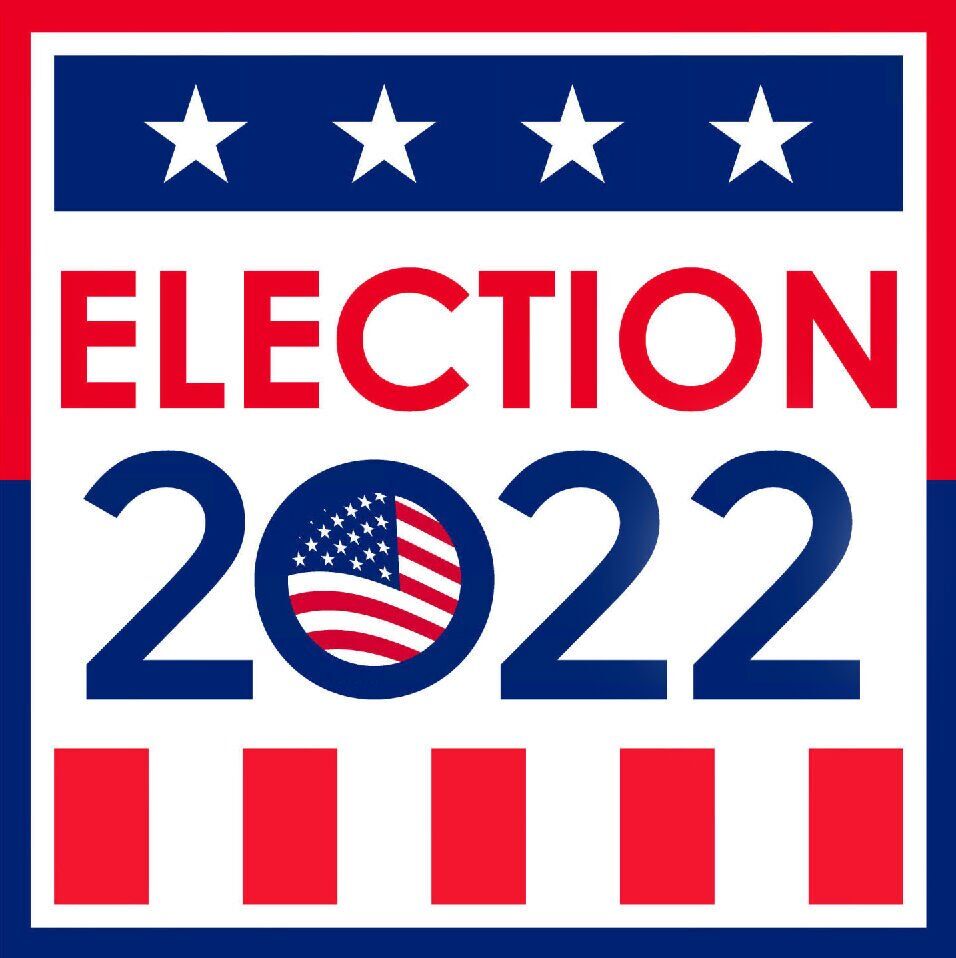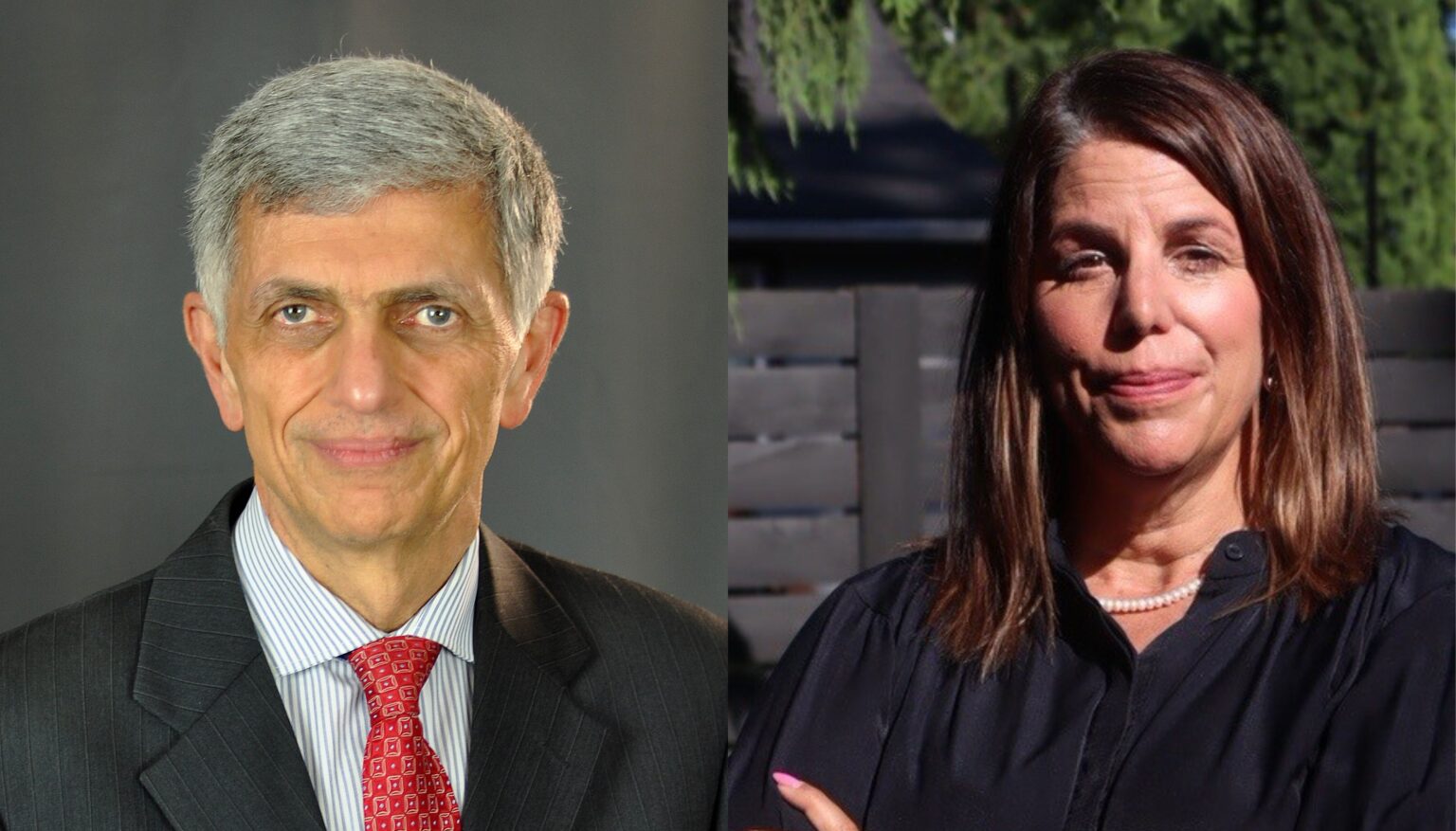Wedge issues in 2022 Oregon governor’s race: Abortion
Published 2:00 pm Wednesday, October 19, 2022

- Election 2022
Tune into any of the forums and debates in the 2022 race for Oregon governor and you can hear candidates responses to a litany of issues confronting the state.
But in social media posts, website blurbs and television ads, the focus narrows sharply to a few sharp wedge issues that campaigns repeat over and over.
Trending
Democrat Tina Kotek, Republican Christine Drazan and non-affiliated candidate Betsy Johnson have all served in the Oregon Legislature, establishing voting records to go alongside their positions as candidates in the 2022 race for governor.
They also have raised nearly $50 million in contributions — and it’s rising — to pick and choose how to stand out in the race for the state’s top job.
Three issues have offered key dividing lines for the trio of women. Each issue is a sharp wedge used to place one of the candidates apart from the other two.
Abortion, gun control, and the Democrats’ control of much of state government leave two candidates divided from one other.
With multiple forecasts calling the race for governor a “toss-up,” which wedge dominates voters’ choice of a candidate could be the decisive factor in winning the governorship in 2023.
Today, a look at abortion as a wedge issue.
Trending
Abortion
Candidates:
Kotek: Pro-choice
Johnson: Pro-choice
Drazan: Anti-abortion
Background: Oregon law guarantees some of the least restrictive abortion access in the nation.
In June, the U.S. Supreme Court overturned the 1973 precedent legalizing abortion in the United States in the Roe vs. Wade decision. The new decision in Dobbs v. Jackson Women’s Health Organization was decided by a 6-3 majority that included three justices named to the court by former President Donald Trump, the Republican who lost his 2020 bid for re-election to President Joe Biden, a Democrat.
Public opinion: About 72% of residents support keeping abortion legal in Oregon, according to a July poll by the non-partisan Oregon Values and Beliefs Center. In comparison, 62% of all Americans support legal access to abortion, according to a July poll by the Pew Research Center.
The governor’s election: The U.S. Supreme Court ruling in June underscored a split among the three major candidates and pushed abortion into the very top tier of issues in the governor’s race.
All three agree that Oregon’s abortion rights are protected under law, which the June decision did not change.
But the reversal of decades of less restrictive laws on abortion, along with action in several states to immediately curb abortion, has pro-choice advocates worried that an anti-abortion governor could uncut the state’s stance.
Kotek and Johnson are both strongly pro-choice, while Drazan opposes abortion.
Kotek, the former House speaker, has led efforts in the Legislature to expand and protect abortion access in Oregon. She’s shepherded legislation through the House to ensure abortion is not prohibited under insurance policies issued to state residents. She’s also championed legislation to ensure state funded abortion access for lower-income residents under the Oregon Health Program, the state version of Medicaid.
Kotek stepped down from the Legislature to run for governor, winning the May 17 Democratic primary.
She has been endorsed by Planned Parenthood and has received $50,000 to date from the group’s affiliated political action committee.
Kotek says she wants to ensure safe abortions are available not only to Oregonians but to women coming to Oregon from states with more restrictive laws, such as neighboring Idaho.
The pro-choice Guttmacher Institute reported in the first 100 days after the ruling, 66 clinics in 15 states stopped offering abortions.
Johnson says that while she agrees Kotek on few issues, abortion rights is one area where they concur.
“I’m unequivocal about my position on choice. There’s two pro-choice candidates and one anti-choice candidate,” Johnson told Portland television station KOIN 6 News in late June.
Johnson has questioned the cost of public funding for abortions, particularly any funds that might be spent on out of state residents who come to Oregon after the court ruling. But Johnson told KOIN she was rankled by an attempt by Kotek to put distance between their support of a abortion rights.
“I resent the fact that Ms. Kotek says I am equivocal on this issue,” Johnson said. “I served on a Planned Parenthood board here in Oregon, I’ll submit to you, before she became an Oregonian.”
Drazan has been endorsed by Oregon Right to Life and tweeted “Life wins” on the day of the Supreme Court decision putting aside the 49-year-old precedent.
After the court ruling, she issued a statement saying she would curb attempts to expand abortion access in Oregon.
“Despite the U.S. Supreme Court’s decision, Oregon will continue to have among the most extreme abortion laws in the country and around the world,” Drazan said. “As governor, I will stand up for life by vetoing legislation designed to push Oregon further outside the mainstream.
In 2018, Republicans nominated former Rep. Knute Buehler, R-Bend, for governor. An orthopedic surgeon, Buehler was pro-choice on abortion.
While incumbent Gov. Kate Brown challenged Buehler’s commitment to equity in public funding for abortion, the candidates were close enough on the basic issue of abortion right to make it a negligible element in Brown’s victory.
Buehler has since left the Republican Party and has endorsed Johnson for governor.
With Drazan’s primary victory and the June ruling by the Supreme Court, abortion has become a key point in advertising against the Republican by Kotek and supporters.
In recent months, Drazan has downplayed the issue, saying it was a distraction from other pressing issues because Oregon’s abortion rights were set by law, which as governor, she would uphold.
But an illustration of the possible ramifications of Drazan’s election were put on display in early September — by Drazan.
Her campaign brought in Maryland Gov. Larry Hogan, a popular Republican governor of a Democratic state, to campaign for Drazan’s election. Hogan’s public statements during the get-together centered on promoting Drazan’s law-and-order positions.
But the abortion debate was in the background as well.
Hogan has bucked the national GOP and Trump throughout his two terms in office and was an inspiration to Buehler’s campaign.
When Republicans this year nominated freshman state lawmaker Danny Cox, a fervent supporter of Trump, Hogan refused to endorse him, calling Cox “a QAnon whack job.”
While saying he personally opposed abortion, he has called the issue “settled law” in Maryland.
Hogan’s second term is coming to an end and he is barred from seeking re-election by state term limits. Recently, he has been making out-of-state appearances to increase his political profile as a tune-up to a possible bid for future public office – perhaps even president in 2024.
Hogan made waves this year when he vetoed legislation for $3.5 million allocated by the Maryland Legislature to train new abortion providers.
The Legislature overrode his veto, but Hogan used his power as governor to withhold the allocation of the funds for the training.
“Hogan’s use of discretionary budgetary power illustrates how an anti-abortion leader can thwart new programs even in liberal states such as Maryland that have deeply supported abortion rights for decades,” the Washington Post reported on May 4.
During the second governor’s debate, in Bend on Sept. 28, Kotek scoffed at Drazan’s assurances that she would adhere to state law on abortion rights.
“You cannot trust that statement,” Kotek said.
Kotek said Drazan could use the governor’s office to impede access through bureaucratic maneuvers and funding delays.
“Not being a champion, not moving resources to help Oregonians,” Kotek said.
——————————————–
Oregon Capital Bureau series: 2022 “wedge” issues in governor’s race





